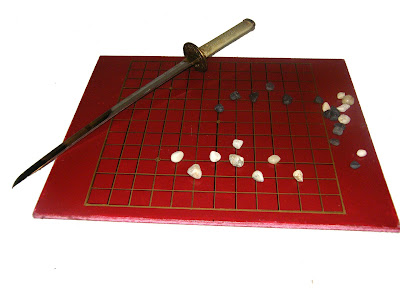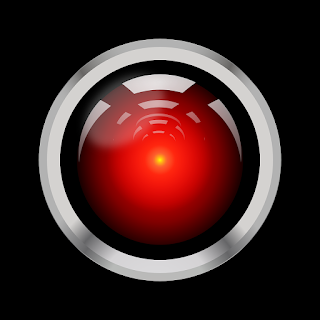 |
| Photo Credit: Pixabay.com |
The five-game Go match between world champion Lee Sedol and Google’s AlphaGo AI system, held in a hotel in Seol, Korea last week, was truly an artificial intelligence breakthrough. It wasn’t just a major turning point for technology, but for history as a whole. This wasn’t just due to the fact that it was the first time a computer beat a Go world champion, Go being a game far morecomplex than chess. It wasn’t even due to the fact that the computer beat Sedol four out of the five games. It was more so due to the unexpected move the AI system made in its second victory game showing that computers have a capacity to learn equivalent to that of humans. This brings AI a wide step closer to human-thinking, a step that computer scientists did not expect to happen until another 10 years, according to Wired.com’s CadeMetz.
While some people are delighted by this kind of artificial
intelligence breakthrough, it shouldn’t be too surprising that many others fear
it. After all, science fiction has nearly prophesied computers taking over and
even replacing the human race altogether. Stanley Kubrick’s film, 2001: A Space Odyssey (based on an Arthur
C. Clark short story), features a ship’s computer, HAL, that refuses a crew
member’s command, endangering the lives of the crew. Blade Runner (based on Philip K. Dick’s novel, Do Androids Dream of Electric Sheep?) is about androids that develop
their own consciences and kill people out of fear for their lives. But even though
movies about robots such as these seem to dominate science fiction, the genre
has had its share of AI optimism. Examples are Star Wars’ C-3PO and R2-D2, Wall-E’s
title character, and Star Trek: The Next
Generation’s Data--all friendly robots ready to help human beings and other
natural life forms.
 |
| Photo Credit: Metro-Goldwyn-Mayer/Pixabay.com |
If an AI system such as AlphaGo can reach the level of human
intelligence even if only limited to a certain respect such as the learning of
a complex game like Go, that’s indication of a possible birth of a new race of
beings. If that birth ever occurs, will that race be friend or foe to us humans?
It may be too early to tell, but Metz at least thinks they can be helpful to humans
by “teaching” them to solve complex problems as demonstrated in the Go match.
After losing the first three games to AlphaGo, Sedol won the fourth game based
on what he learned of the computer’s moves earlier in the match.
If AlphaGo’s victory is a step towards the next stage of
sentient evolution, then we should probably learn to get along with AI
computers, including robots, now. We don’t want to create another form of
racial discrimination either against robots or ourselves. If the latter occurs,
which of the two races do you think will be behind it? Please feel free to
leave your answers in the comments box.


No comments:
Post a Comment